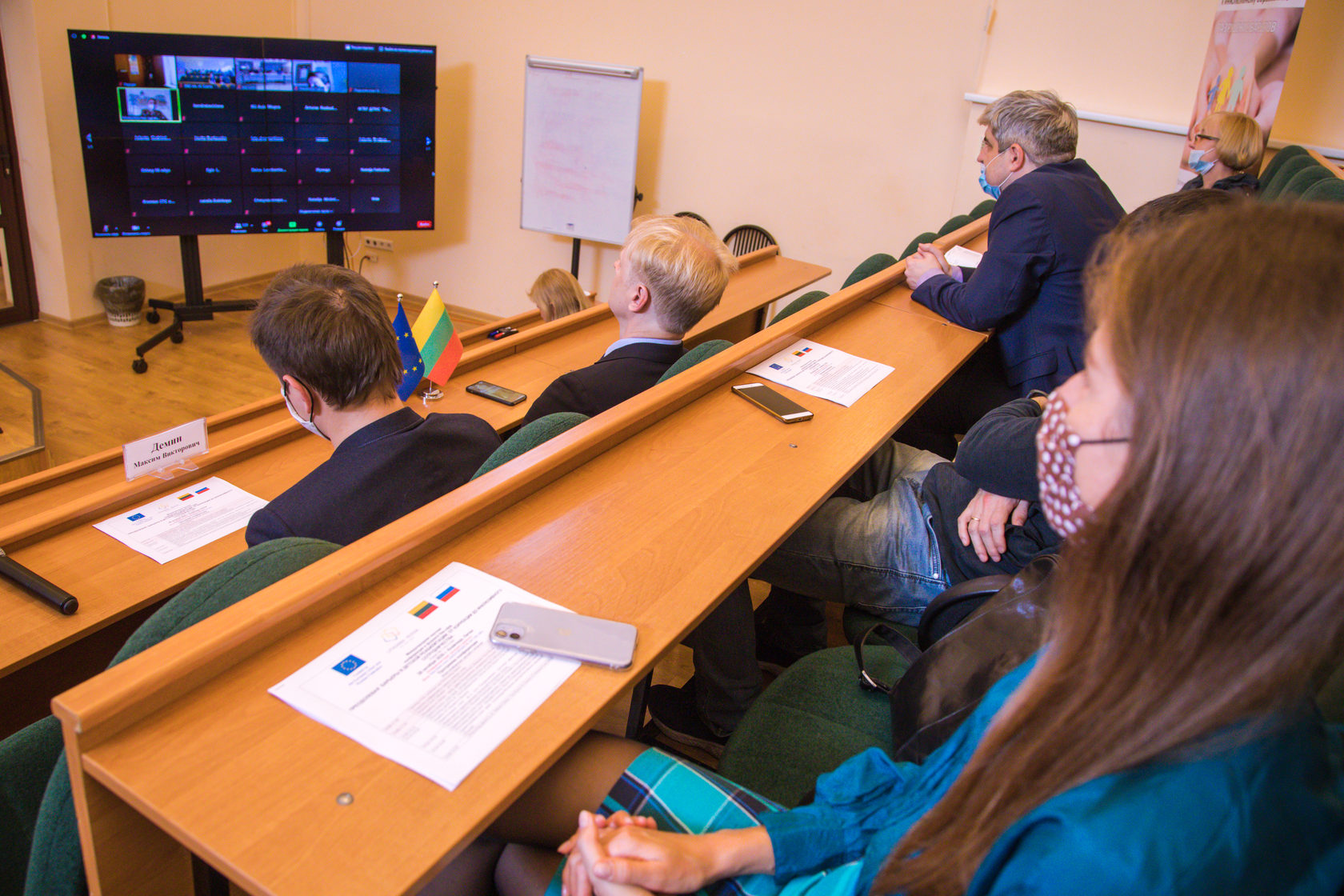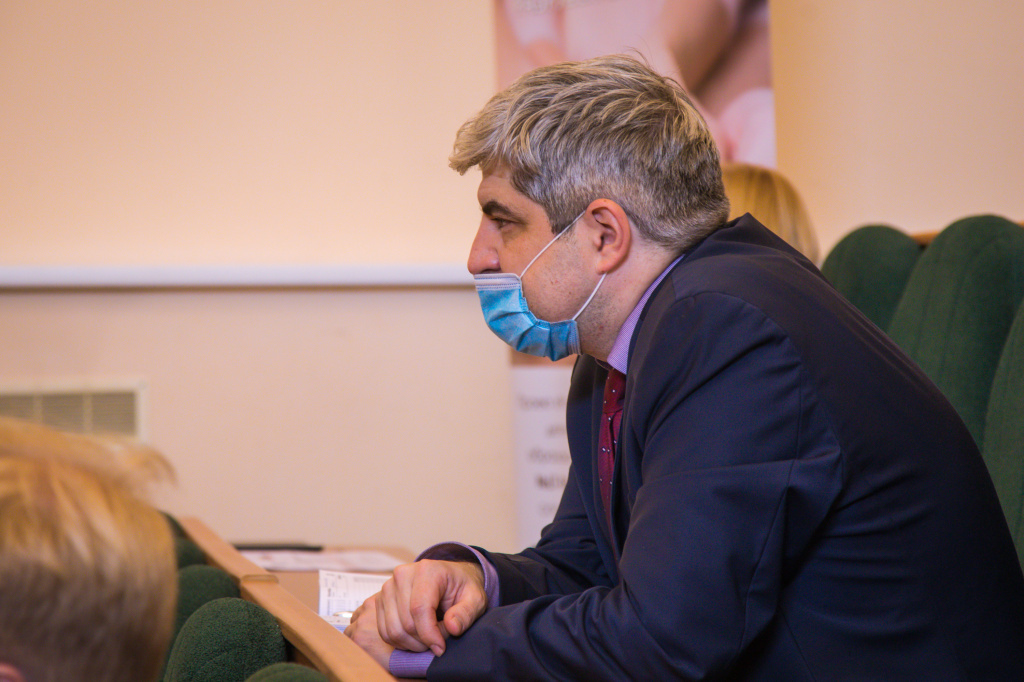
Alexander Fedorov, Rector of IKBFU:
“Undoubtedly, this project is of great importance for the university and for the region as a whole. Such events as the creation of a scientific and diagnostic laboratory with high-precision innovative equipment, the development and implementation of methods for early diagnosis of children with psychomotor disorders, cooperation in the development of joint methods for the rehabilitation of children, the educational component are ambitious and require the use of significant university resources in their implementation. As well as constant work and interaction with partners and organizations in the healthcare sector in order to improve our main future, which is our children. "
Maxim Demin, Vice-Rector for Research, IKBFU:
"The project is really of great importance for the region, and our university, as well as partners, take on a great responsibility, because we must perform all tasks in the best possible way for the health of children, no mistakes should be made, since children's health is above all."

From IKBFU, the project administrator Anna Belova, junior researcher Vitaly Petrov, scientific coordinator of the project, professor Zhanna Malakhova and director of the CDC, project specialist Yuri Skalin. University staff spoke in detail about the creation of a scientific and diagnostic laboratory, the development of a method for early diagnosis and about the steps in the implementation of the project "Breaking down barriers in the rehabilitation of children: from correction to inclusive education."

Anna Belova, Project administrator, IKBFU:
“The problem of child disability in the border regions of Lithuania and the Kaliningrad region is one of the most urgent today. Unfortunately, many diseases that lead to disability are not curable, and it is difficult for such children to adapt and socialize in society in the future. The project plans to reduce the risk of an increase in the number of people with disabilities."

It should be noted that the project brings together 4 partners from the Kaliningrad region of the Russian Federation and Lithuania and is financed from the funds of the Russia-Lithuania 2014-2020 hospitality cooperation program and the partners' own funds in the amount of 10%.

